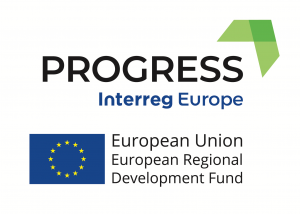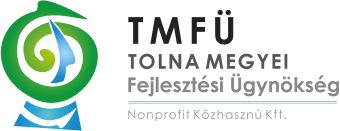
PROGRESS as so many other projects retreated to the online space due to the pandemic, therefore all partner meetings and the International Training Workshop took place via the internet. Being forced online also had its advantage as our stakeholders could follow our activities and join our events regardless of their physical location.
Fortunately, the pandemic did not prevent the partnership from gathering good practices from their regions and sharing them with the partnership and the stakeholders.
During year one we have been working on the first 2 project strands:
- How to promote the measurement of costs and benefits of ecosystem services linked to land use, and
- How to Integrate Ecosystem Management Challenges in Sectoral, Regional and National Planning and Policy development and implementation.
Following the project methodology the first topic of Measurement of Ecosystem Services already held its training session that is available on-line, as well as the presentations and a handbook compiling all the good practices presented by the partners, in ecosystem services (ES) such as bee pollination, territorial mapping of ES, urban soil conservation and ES Evaluation methods.
The second strand on ecosystems and territorial planning is in the process of completion as we write this news piece. Following the project methodology, the partners have now proposed and evaluated potential good practices that will be selected for the second training session to be held next January. We will soon inform of dates and registration to this open on-line training.
The project team is also working now on the first videos of good practices, while we are amplifying our communication actions via our website and social networks with the objective to disseminate policy and societal impact for ecosystem services and health. Follow us on social networks and stay tuned for further news, alerts, and policy briefs.
PROGRESS is for Europe to grow on better governance of ecosystem services, make us of our project activities and materials.
The PROGRESS project is co-financed by the European Regional Development Fund and Hungary.

